Defence Agreements & Double Deals: The EU’s Dance with Türkiye
Before the E.U.-Türkiye dance continues, Europe should consider the cost of double dealing on the Cyprus Problem: reneging on commitments to a member state, and handing Türkiye a leash with which to yank them.
In progressive discussions of NATO, one will find recurring, and oftentimes exaggerated references to cracks in the U.S. led military alliance. Whether these are legitimate criticisms—see Sweden and Finland’s gruelling accession process—or the reality distortion fields of Western critics, there is one undeniable crack that has harangued the U.S.-led alliance time and again: the one running through Cyprus. Perhaps unbelievably for the Greek and Turkish Cypriots who recently hailed 51-years of political limbo, it is now more ignored than ever, not due to the political indifference of the U.S., but of the E.U.
While the Trump administration continues to turn Europe’s defence posture on its head, the E.U. is scrambling to develop its own channels for defence production and establish collective arrangements for ensuring its self-defence, perhaps absent U.S. support. Yet, even in the face of abject aggression by Putin’s Russia, all the machinations of E.U. bureaucrats seem to yield are toothless guarantees, self-deprecation of defence capabilities, and what is, as of late, a coalition of the unwilling for Ukraine. Instead, as the spotlight shifts away from the U.S. for Europe, the E.U. seems not only eager, but desperate to turn it on Türkiye.
In the political vacuum that European leaders seem to believe exists, they acknowledge the obvious benefits of courting NATO’s second-largest military, as well as Türkiye’s balanced (or opportunistic) position between Russia and the West. What they ignore, in usual fashion, is Türkiye’s yet unresolved incursion into the Republic of Cyprus which is, supposedly, a sister-state. To those like French President Emannuel Macron we ask, can the E.U. really condemn Russian aggression while it blesses Türkiye’s? Can the E.U. boast equality as it steps on its lesser members? Most importantly, can the defence of Europe as a whole steam forward as it double deals with those who violate member-states territorial integrity?
What the deep integration of Türkiye in European defence signposts is closed door acceptance that the Cyprus Problem is either unsolvable, or not worth solving. Neither bode well for Cyprus, and both reward Türkiye as Erdogan sets his sights on projecting trans-regional power. Yet, besides Cyprus itself, the E.U. was never the greatest victim of the Cyprus Problem, NATO was. For 51 years, the Cyprus Problem—as a part of Greek-Turkish relations—has posed one of the greatest sources of instability on NATO's southeastern flank. Ironically, it is important enough to deeply upset the relationship between Greece and Türkiye, but not enough to prevent them from limping along together in spite of it.
If it can be suggested in such uncertain times, the second greatest benefit to Cyprus, and the greatest benefit to Greece in resolving the Cyprus Problem is the return to normalcy with Türkiye. From a pragmatic point of view, we would like to imagine Turkish goods flowing freely into Famagusta for the benefit of the Republic. Even more, we would hope for Türkiye to reassure Cyprus’ safety in a rough neighbourhood, not endanger it, as strange as it may sound. For NATO, the hopes and desires are not much different. For the E.U., however, the desire for a short-term fix to its own impotence seems to well-outweigh its supposed investment in a long-term solution for Cyprus.
Given Europe’s anxiety around Trump, the outsourcing of defence responsibility to Türkiye can be understood. After all, we cannot criticize its weakness in formulating self-defence frameworks without acknowledging a legitimate effort to solve it. What we criticize is the willingness to renege on long-stated commitments to Cyprus, while handing a massive point of leverage to a leader in Erdogan who, time and again, demonstrates he cannot be trusted with it. Is the U.S. so absent from Europe with tens of thousands of combat soldiers that the E.U. must rush to sellout?
In Ankara, the old saying will be loudly repeated: why buy the cow when the milk is free? As of late, the E.U. appears all too willing to sign its safety over to Türkiye. Although the E.U. can afford to ignore Cyprus, and the progressives within can imagine that they are independent from NATO, they are not. The co-dependency of NATO and the E.U. is undeniable. As Cyprus’ sole representative in it, Greece must stand fast in opposing the deepening of E.U.-Türkiye defence cooperation, not because it is impossible—in fact, it is necessary—but because in order to realize true cooperation, the E.U. and Türkiye must hold points of leverage against one another. In ten years’ time, a NATO, Cyprus, and E.U. strengthened by Türkiye will be preferable to ones strangled by it.

